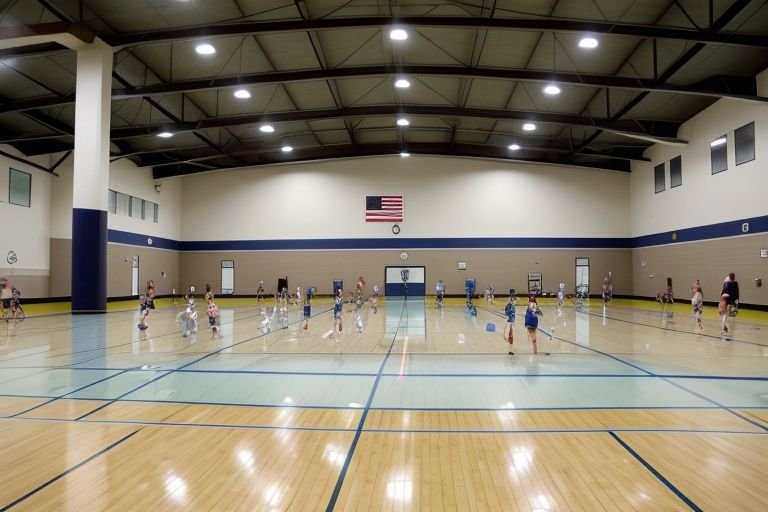Imagine walking through a busy street in Tokyo and seeing girls with bright blonde hair, sparkly nails, and super cool outfits. That’s gyaru fashion! Gyaru fashion is a Japanese style about being loud, colourful, and confident. It started in the
Crown Coins Casino: A Fun Guide to Free Online Slots and Games
Playing games online is a blast, and Crown Coins Casino makes it super fun with tons of slot games you can play for free! Crown Coins Casino is a special kind of website called a sweepstakes casino, where you can
Virginia Tile: The Ultimate Guide to Tiles for Your Home
Have you ever walked into a room and thought, “Wow, this looks so cool!”? Tiles can make that happen! They’re perfect for floors, walls, and even kitchens or bathrooms. If you want awesome tiles, Virginia Tile is the place to
Farmers Furniture: A Complete Guide to Stylish and Sustainable Living
Farmers Furniture is a popular store chain in the Southeastern United States. It started in 1949 and now has over 260 stores. People love Farmers Furniture because it sells good-quality Furniture and home decor at prices that don’t break the
Lapeer Rec Center: From Youth to Seniors — Empowering Every Generation
The Lapeer Rec Center is an excellent spot in Lapeer, Michigan, where people of all ages can have fun, stay active, and meet friends. This big 55,000-square-foot building opened in 1995 and sits at 880 S Saginaw St. It’s surrounded
FintechZoom.com Crypto Market Cap: From Bitcoin to Altcoins Dominate the Digital Economy
What Is Crypto Market Cap? Imagine you have a big box full of shiny coins. Each coin has a price, like $1 or $5. If you add up the coins’ cost, you get the box’s total value. That’s what the
Battery-Operated Wall Sconces: A Complete Guide to Stylish, Wireless Lighting
Battery-operated wall sconces are super easy to put up and don’t need an electrician. You can move them around whenever you want, and they come in all kinds of cool styles. People love battery-operated wall sconces because they make any
Jet’s Pizza: Your Ultimate Guide to Delicious Deals and More
Jet’s Pizza began when two brothers, Eugene and John Jetts, opened their first pizza shop in Sterling Heights, Michigan. They wanted to make something different, so they created Detroit-style pizza. This Pizza is square, not round, with a thick crust
OnionPlay: The Pulse of Streaming for Real Movie Buffs
Have you ever wanted to watch your favourite films or telly shows without spending money? That’s where onionplay comes in! Onionplay is a website where you can watch many movies and TV programmes online for free. It’s like having a
H Mart: Bridging Generations Through Taste and Tradition
Hello and welcome to the fantastic world of H Mart! If you’ve ever wanted to find tasty Asian ingredients or explore ethnic foods from Korea and other places, H Mart is the spot for you. This Korean grocery store has










